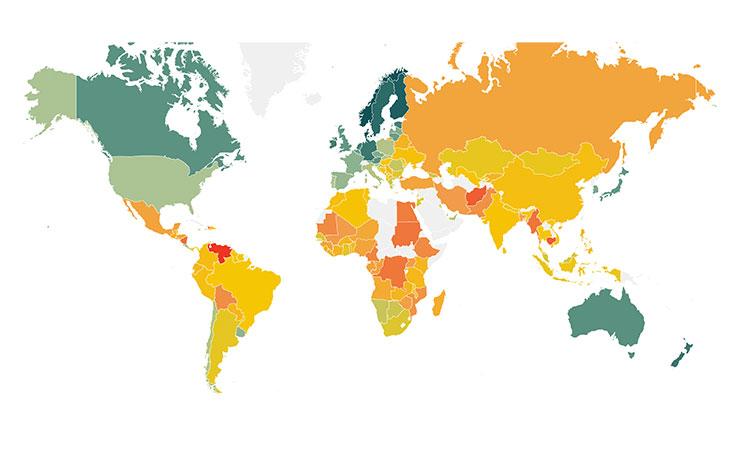
On November 24, 2012, more than a hundred textile workers died when a factory in Bangladesh was engulfed in fire. Will this day haunt the 160 million Bangladeshis in the years to come? Unlikely. The country has faced numerous tragedies. While some were a result of natural disasters, most can be attributed to sheer negligence, lack of accountability and effective regulatory enforcement. Earlier in the year, a capsized ferry resulted in the death of 110 people. In July 2011, 40 school children were killed in a school bus accident. It was later revealed that the bus driver did not even have a driver’s license.
News of the recent incident itself spread quickly among popular mainstream media worldwide: New York Times, CNN, and BBC news to name a few. However, some media outlets have neglected to report that the institutions in Bangladesh have repeatedly failed to meet international standards of safety regulations. According to the International Labor Rights forum, more than 600 garment workers in Bangladesh have died in factory fires since 2005. More than 4,000 people have died in road accidents, one of the highest rates in the world. Who should be held responsible for these accidents? Should it be the operators of the vehicles or the institution that issue driving licenses to those with little or no driving experience? Or should we blame the law enforcement agencies for allowing unlicensed drivers to operate public vehicles with little to no penalty?
“I didn’t even have to give a driving test. I signed a piece of paper, slipped in some money to the official, and I got my license the next day”, says a Hashem Hossain, a local cab driver. There are thousands like Hashem, who are driving buses, trucks and cars without valid licenses.
Many popular brands like Walmart, Gap and H&M claim that the factories in Bangladesh strictly adhere to safety standards and laws, but this is not the true picture.
“When the white men come to check our factories, our managers put in toilet rolls in our bathroom, make everything look spic and span. But as soon as they leave, the toilet rolls are gone, we are back to filth”, says Bina Akhtar, a factory worker in the capital city of Dhaka.
In this recent incident, the factory in question (owned by Tazreen Fashions Ltd) lost its fire safety clearance months before the tragedy struck. They were refused the certification needed to continue operations. Yet, the factory kept running at full speed, with zero certification. According to government officials (who have spoken to local newspapers in anonymity), there are hundreds of factories currently running with zero clearance.
"These factories should be shut down, but who will do that? Any good government inspector who wants to act tough against such rogue factories would be removed from office. Who will take that risk?"” says Kalpana Akter, Executive Director of a labor rights group in Bangladesh.
Bangladesh ranks 90th out of a list of 97 countries (and the last in the South Asia Region) in Regulatory Enforcement according to the World Justice Project’s Rule of Law Index 2012 report. A crucial feature of the rule of law is that rules laid out by the government are upheld, enforced and implemented properly. It is very clear from the scores that regulatory proceedings in Bangladesh are not conducted in a timely manner that respects the due process of law.
Many in the coming months will likely forget this tragedy, but vital questions will remain: Who should be responsible for this fire? Will the victims and their family get justice for this horrendous act? Can they be simply be bought off with compensation? Or will rule of law prevail, and will officials responsible be held accountable?






